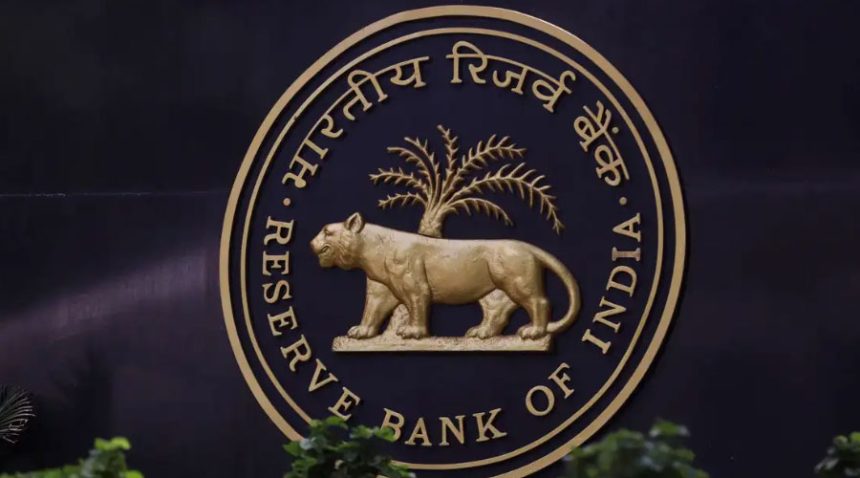RBI may allow fixed deposits under 7 days as it seeks bank feedback amid a drop in deposit growth to 10% year-on-year as of May 2, 2025
The RBI is encouraging banks to consider whether shortening the term of fixed deposits to less than seven days is a suitable option. Financial institutions are required to submit their opinions by the end of this month.
The RBI’s decision is based on the recent slowdown in deposit growth. In May 2025, deposit growth had slowed to 10% year-over-year, but it was 13% the previous year. Officials at the central bank are considering how to encourage people to deposit more money and increase the amount of cash in the banking system.
In April, the RBI’s Governor met with top officials from the State Bank of India, Punjab National Bank, and Axis Bank on separate occasions. The purpose of these meetings was to examine how sub-seven-day deposits would function and their potential impact. Officials have not yet given banks the green light to decide on their deposit requirements.
Banks Express Mixed Views on Tenure Flexibility
The banks have expressed diverse views about the proposal. Several firms are endorsing the idea, hoping it will encourage short-term corporate investments. Firms can leave surplus cash in their current accounts and decide to deposit it for a limited period, rather than keeping it there for longer.
Even so, some banks noticed that short-term fixed deposits might create ALM risks. If banks issue long-term loans with only short-term money, they risk a cash shortage. The regulators learned that these banks believed decreasing the minimum term might affect their ability to manage liquidity.
According to a senior official in a public sector bank, loans are expedited for handling foreign exchange needs, but obtaining similar expedited loans for other purposes is challenging. That’s why banks often struggle to find effective ways to utilize these funds.
Regulatory History and Future Considerations
In 2004, the Reserve Bank of India reduced the minimum holding period for domestic and NRO term deposits from 15 days to seven days. The primary aim was to enable depositors to utilize their funds more effectively and also protect banks against risks. Current discussions suggest that policy may shift to favor collecting larger deposits.
According to the most recent study by SBI Research, a sudden change in interest rates can lead to immediate adjustments in deposit rates, making it challenging to collect deposits. As deposit growth slows, the RBI is revisiting existing guidelines. After consulting with additional banks, the Indian Banks’ Association (IBA) will provide the RBI with a detailed response. Those who wish to participate in the consultation have their opinions weighed by the regulators.





